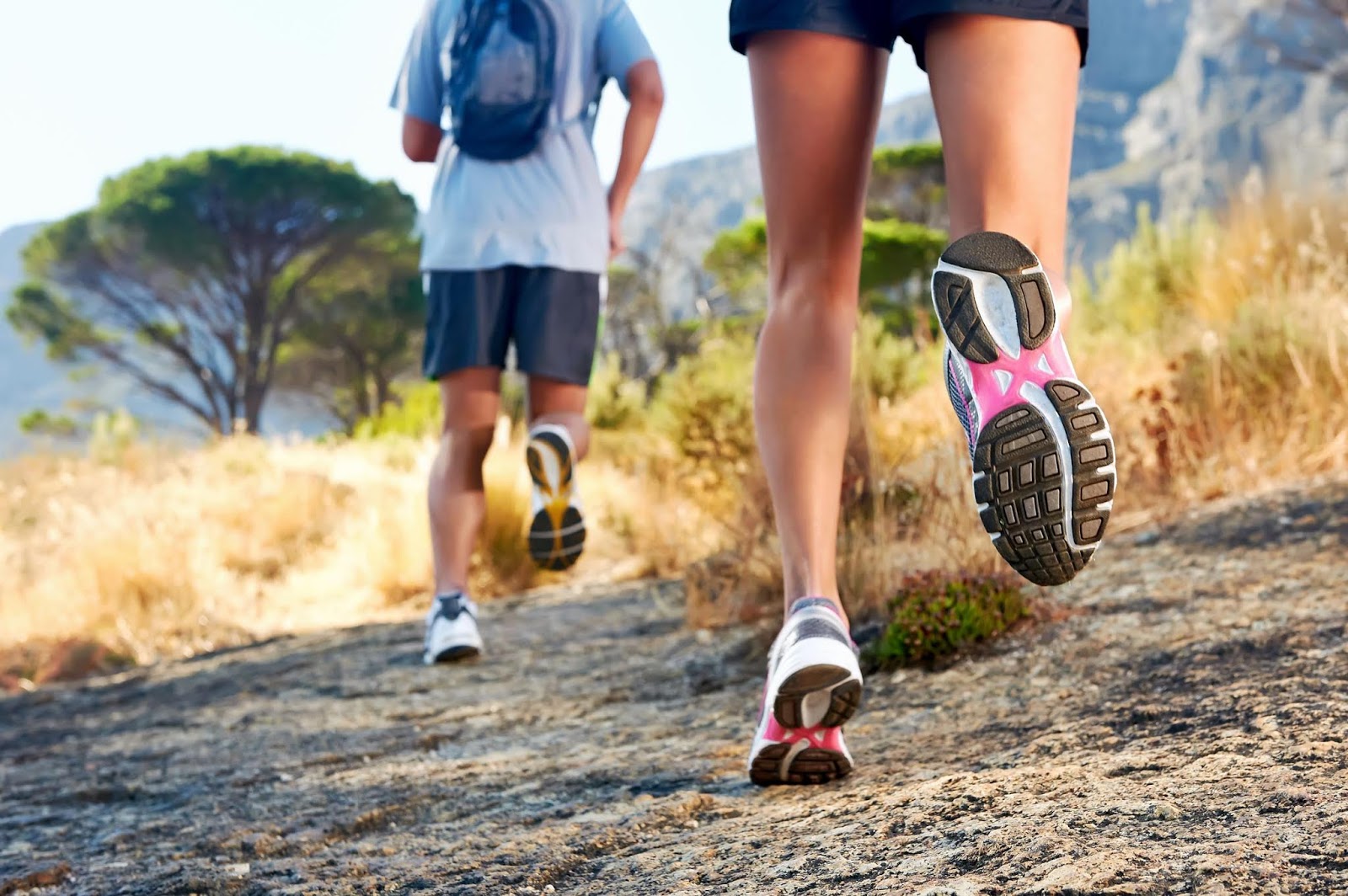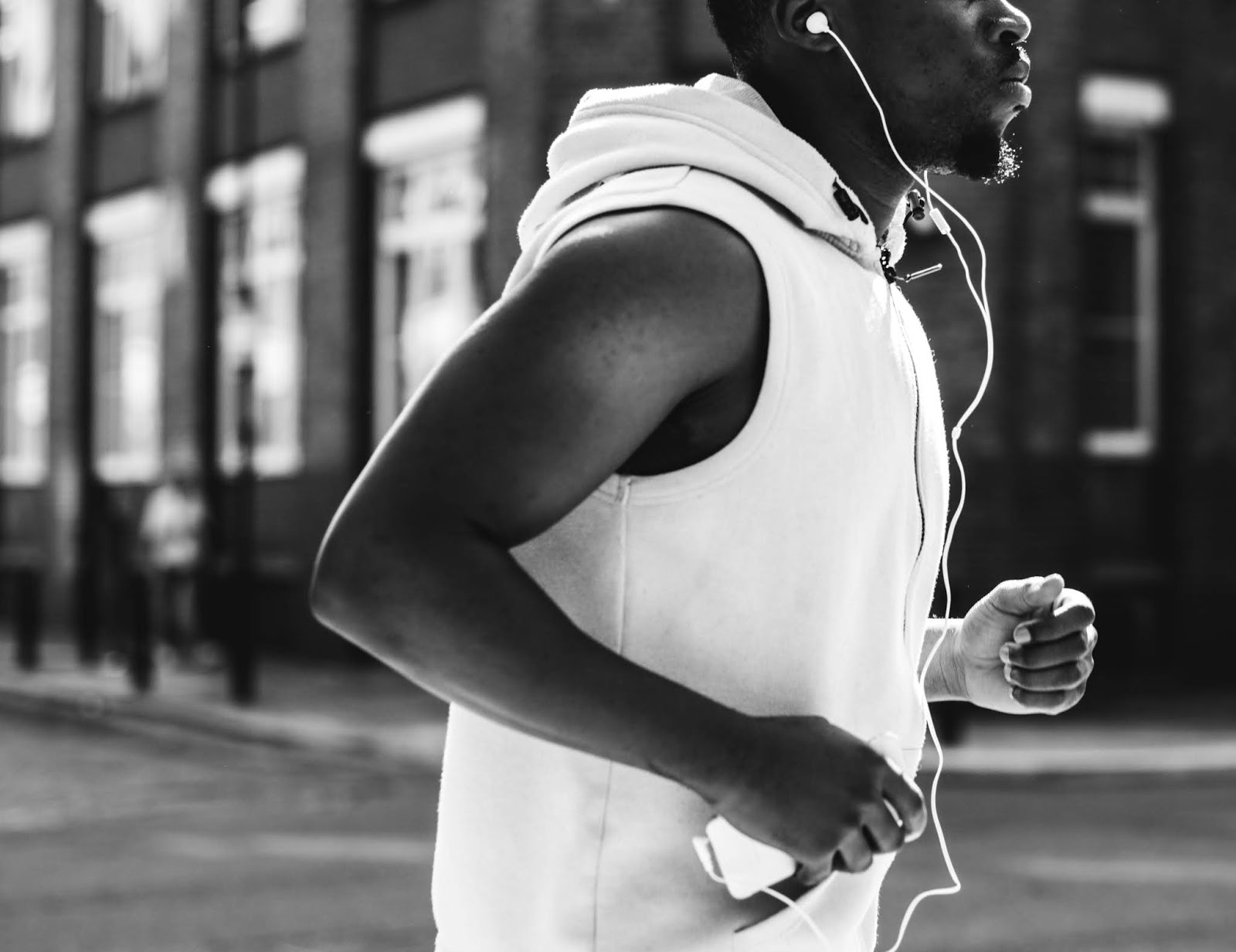On your marks...
Getting ready for any sports endurance event is always daunting for beginners, but it can be made a little easier with the right pre-training and correct information on how to ensure you’re in the best state physically and mentally. That’s where I step in.
Working in the fitness industry for over 13 years I have had a personal interest in various endurance events. Having completed several tough mudders, including ‘the world’s toughest mudder’ (a 24 hour tough mudder in the Nirvana desert), multiple cycling challenges and most recently the gruelling ‘Ice Ultra’ (a 230km race across the Arctic), I have plenty of experience in endurance challenges in the most hostile and extreme environments. For all of the above, it was about the right pre-planning, correct training and understanding of how your body works and how you can help push yourself to the best of your physical abilities.
Below is my professional tips and tricks on how to reach your end goals and ensure you’re in the best shape possible.
Train weekly and increase miles with every week
Obviously, for a half marathon you’re going to need to run every week to get your body into the right state to complete it. But rather than try run the entire 13 miles every week, break it down so you increase your miles upon every completed week. The maximum you need to run before hand is 10 miles - the crowd and the adrenaline will push you through the final 3 on the day.
My advice is add on 1 extra mile with every week of completed runs. That way you’re building your body up to the required mileage without going in full-force and causing stress on the body.
Seek advice from previously completed marathoners
Go to someone who has completed the endurance event you’re undertaking and take their advice. Why? Because these people will have gold dust insider information on the event that you probably can’t get from Google. There’s always that ‘I wish I knew this before’ aspect so try eliminate any surprises by seeking advice beforehand.
Questions to ask: What kit did they use? What would they change or done differently? What the best thing that got them through? Don’t ask anything that might open up a negative ‘can-o-worms’ that might put you off, like ‘how was it?’. What was the worst thing about it? ‘Would you do it again?’
Let technology help you
You don’t have to be a high level athlete to benefit from technology. Plus, most of it is certainly affordable, or even free. Tech like the Polar heart monitors can help you stay in the right training zones, so you don’t burn out too early. I highly recommend tracking your progress on a website or free mobile app, so you can see visual and numerical improvements in pace, distance, personal bests etc. Free apps like Strava interlink with smart phones, heart monitors, food diaries etc and together track everything for you in one easy accessible place. They record Personal Records, compare times with other users, monitors distances, and register your calorie intake. At the end of the year, they even send you an email, to congratulate you on your achievements with a little slide show.
Diet
Aways aim to eat as fresh as possible. Just because you’re training more, doesn’t mean you can get away with eating more junk foods, that are high in bad fats and high in sugar. Yes by all means ‘carb load’ as this is needed - which means you can eat up up to three times more carbohydrates than you normally would do on a daily basis from four days before the actual event. But do not allow your extra training to become an excuse to eat junk food. Ladies tend to do bit a bit better on higher fat diet when training for endurance based events such as a half marathon.
Cross train
Even the mighty Mo Farah doesn’t just run anymore, so aim to mix up your training. Just because you’re running a half marathon doesn’t mean you should only run and that’s it. In fact it’s much better for you to do alternative exercises during your training period. Include weight training that’s both upper and lower body. Use plyometrics or explosive moment patterns. Go for different cardiovascular approaches, like circuit training, spin, boxing or martial arts, rowing etc. These will help with all round fitness, prevent boredom (from running) and reduce the risk of repetitive use injuries.
Your soundtrack
Some like listening to their feet slapping the pavement, while others like heavy rock, trance and other beats. Personally I go for audio books that I learn from and that motivate me. Also because there’s no beat, audio books prevent me from racing the pace and burning out. One suggestion - don’t have a whole playlist of hardcore anthems, or you’ll find you’ll run to the tempo of the music and ‘gas’ early, which is no good if you smashed a Personal Best 1st mile, but then still have another 12 to go. Find what you enjoy and what helps you to keep your pace and focus during your training.
Good luck and enjoy it!





